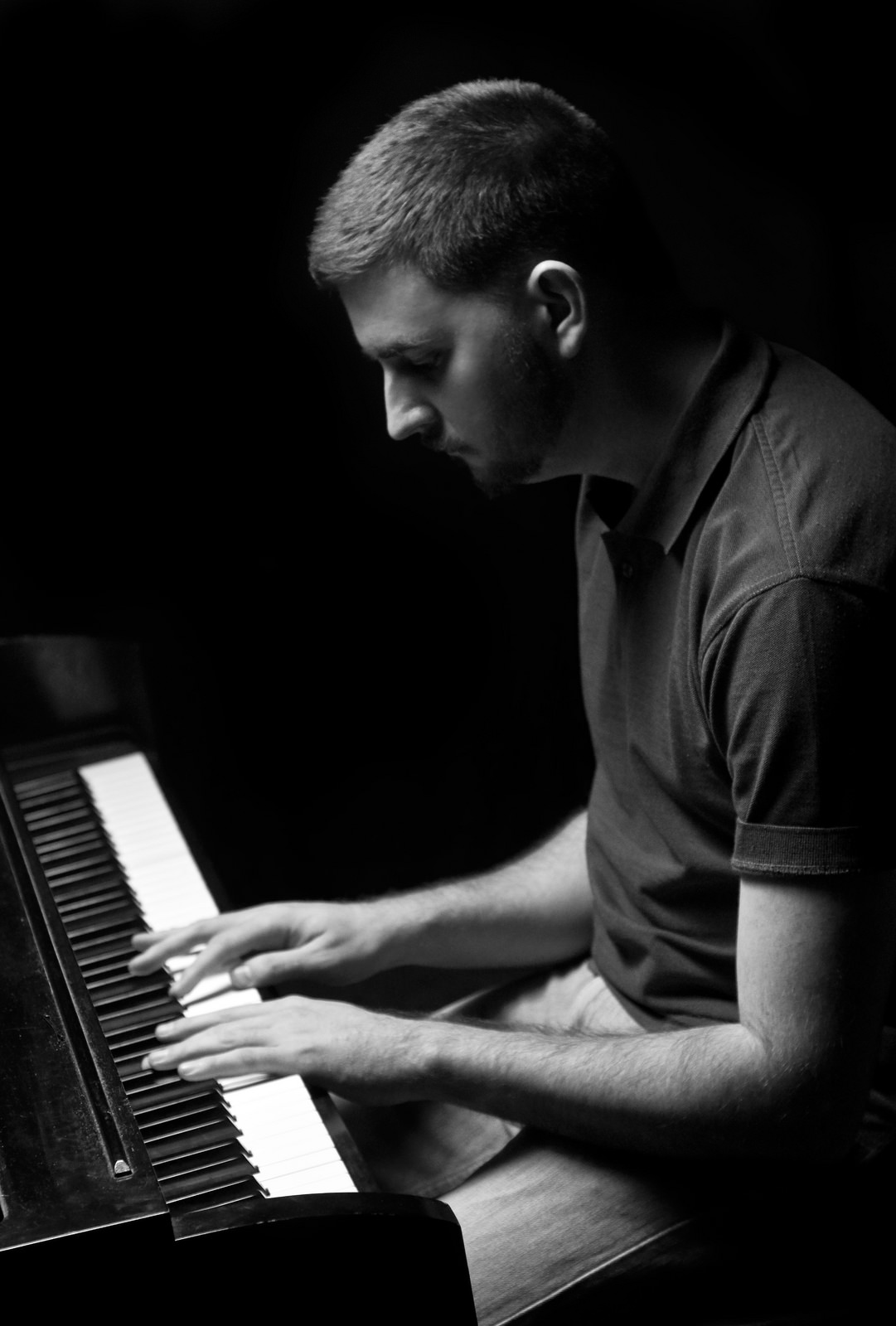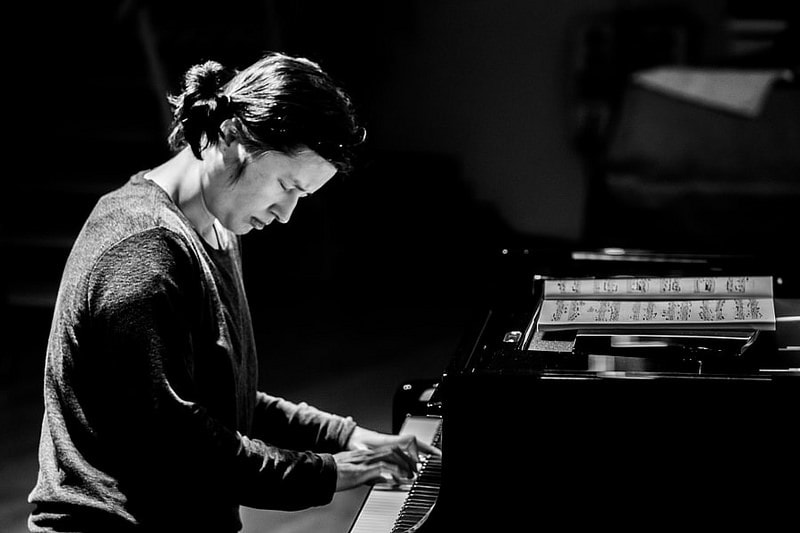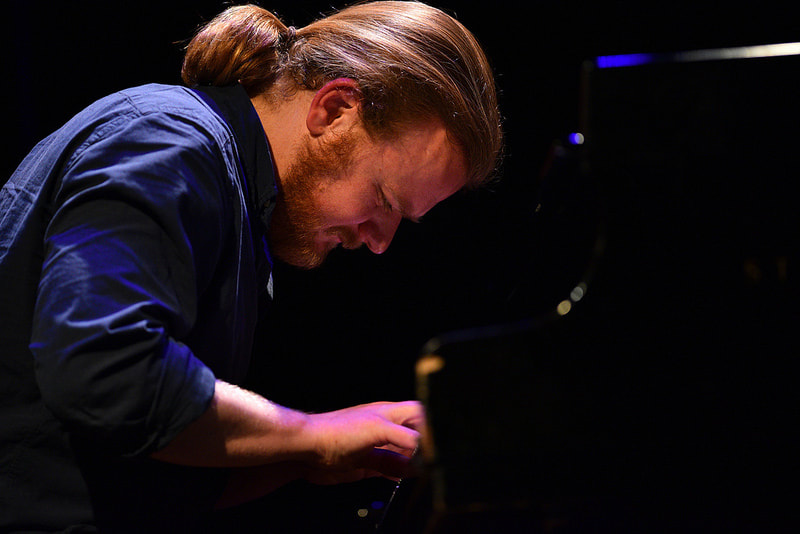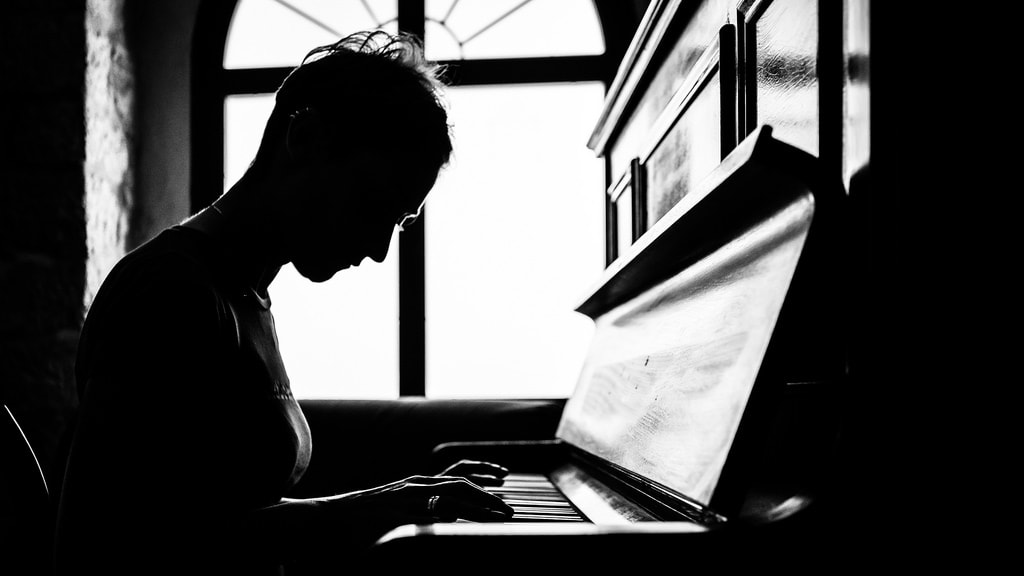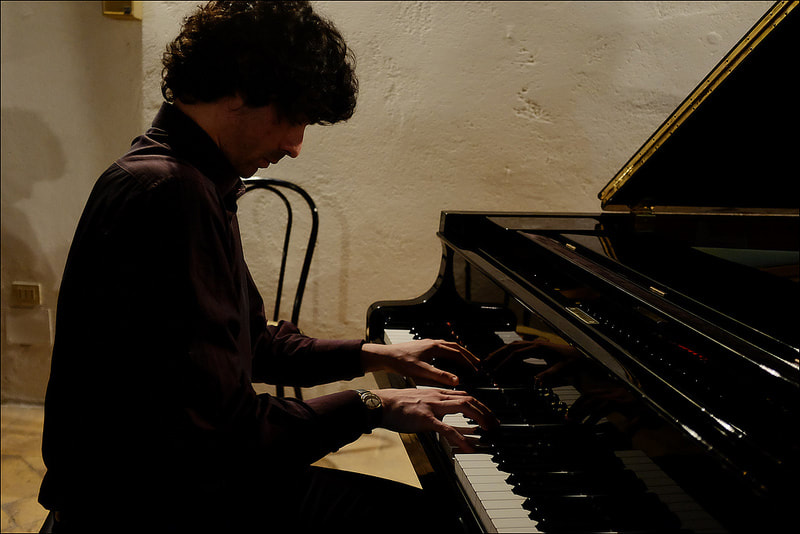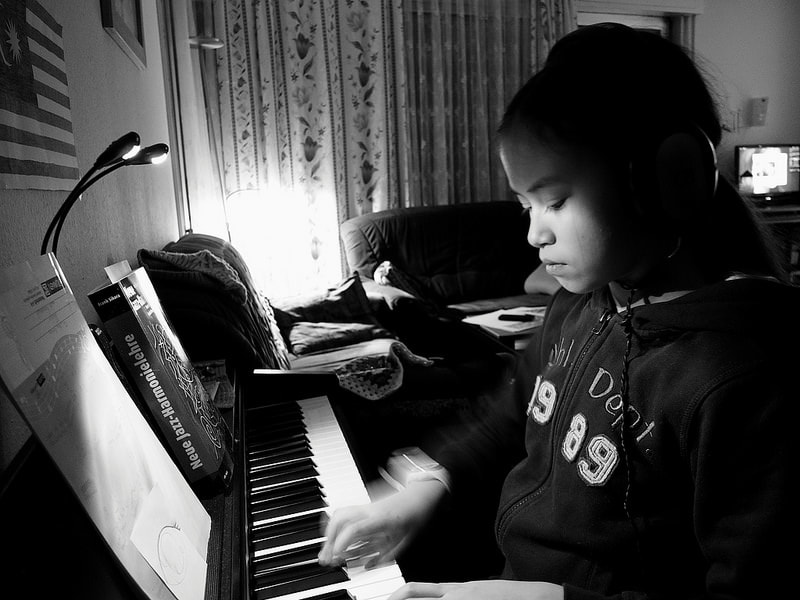- Home
- Process Worldview
- Community
- Art and Music
- Whitehead and Process Thinking
- Podcasts
- Spirituality
- Ecological Civilization
- Education
- Contact
- Social Justice
- Science
- Animals
- Sacred Poems
- Whitehead Videos
- Index of All Titles
- Practicing Process Thought
- Process Spirituality: A Spiritual Alphabet
- Recent Posts
The Piano as Spiritual Friend
No One Knows Me Like the Piano in My Mother's Home
|
|
|
No one knows me like the piano in my mother's home
You would show me I have something, some people call a soul And you drop-topped the sky, oh you arrived when I was three years old No one knows me like the piano in my mother's home You know I left, I flew the nest And you know I won't be long And in my chest you know me best And you know I'll be back home An angel by her side, all the times I knew we couldn't cope They said that it's her time, no tears in sight, I kept the feelings close And you took hold of me and never, never, never let me go Cause no one knows me like the piano in my mother's home (In my mother's home) |
Commentary
|
Most pianists know this. The piano can be a spiritual friend, helping us know ourselves better and simultaneously connecting us with others. It can happen privately, as we sit on the bench and play. Still the connections are made.
Of course it takes time. We must surrender to the discipline of the black and white keys, which become our teachers. We must get to know them and know how to caress them with our fingers, letting them guide us. But in time they reciprocate, allowing us to play music. And in so doing they help us understand the interior movements within our own hearts and souls, when otherwise these movements may lie hidden inside us without receiving the attention they need and deserve. In hearing the sounds of our hearts, we feel quietly comforted by the presence of a friend, even if we are alone. Our friend is the piano. How to understand this philosophically? Perhaps the philosopher Whitehead can help. The piano teaches us about what the philosopher Whitehead calls subjective forms: that is, the forms our subjective lives, and those of others, can take. The othersare very important, because, after all, we are not skin-encapsulated egos cut off from the world by the boundaries of our skin. We are relational selves whose very souls include the feelings of others: friends and families, to be sure, but also strangers and people across the world. And in making contact with the emotions of the spirit, we make contact with them. Thus, even when we play alone, we are enjoying a kind of holy communion -- a communion of shared feeling. Every pianist knows this. She knows that the sounds she is producing belong not to her alone, but to many others. The sounds reveal subjective forms or, as we might also speak of them, moods of the spirit. There are many moods the spiritual alphabet -- one and sometimes two for every letter. Here is a list spiritual moods developed by Frederic and Mary Ann Brussat of Spirituality and Practice: attention, being present, creativity, connectedness, courage, devotion, enthusiasm, faith, forgiveness, gratitude, hospitality, imagination, justice, listening, meaning, nurturing, openness, peace, play, questing, reverence, silence, transformation, unity, vision, wonder, X (the mystery of life), yearning, and zest for life. Each is important. Consider, for example, connections. Hildegard of Bingen writes: “Everything that is in the heavens, on earth, and under the earth is penetrated with connectedness, penetrated with relatedness.” (quoted in The Sun and Moon Over Assisi by Gerard Thomas Straub). This relatedness is not simply scientific or factual; it is not simply a matter of one event having an effect on others. It is emotional. Our emotions are themselves ways that we are connected with the world. Sometimes the connections are happy and sometimes sad. Sometimes they are satisfying and sometimes harmful. In any case they are real. Feelings, says the philosopher Whitehead, is how the world is connected – how it is one – even as it is many. Music has a unique capacity to reveal a longing for connections. The Sufis tell us that one of the deepest forms of love of God lies, not in the possession of intimacy with the divine, but in the longing for that intimacy. In the aching itself, and in not having what is ached for, there is a connection of love. And so it is with music that reveals such longing. It shows itself as a longing for connection and a longing to be understood. In No One Knows me but the Piano in my Mother’s Home, Sampha Sisay, shows us this through the loneliness of his song and the subtle recognition that he is indeed known by the piano. His song becomes a spiritual friend to us, too, even if we do not play the piano. It is a very good thing that musical instruments can be spiritual friends, because often we are absent such friends, save in the music they produce. We feel lonely but the piano is our friend. The sounds we hear, and the instruments that bring the alive, become companions to our hearts. They help us hear our feelings and also those of others. We enter into holy communion. We come to know ourselves just a little better (the spirituality of self-welcoming or You) and we feel inspired to reach out into the world and befriend others in that spirit. Thus the piano becomes, not simply a friend to our souls but also a friend to the world. The keys are the vestments and the sounds are the sacraments. -- Jay McDaniel |
